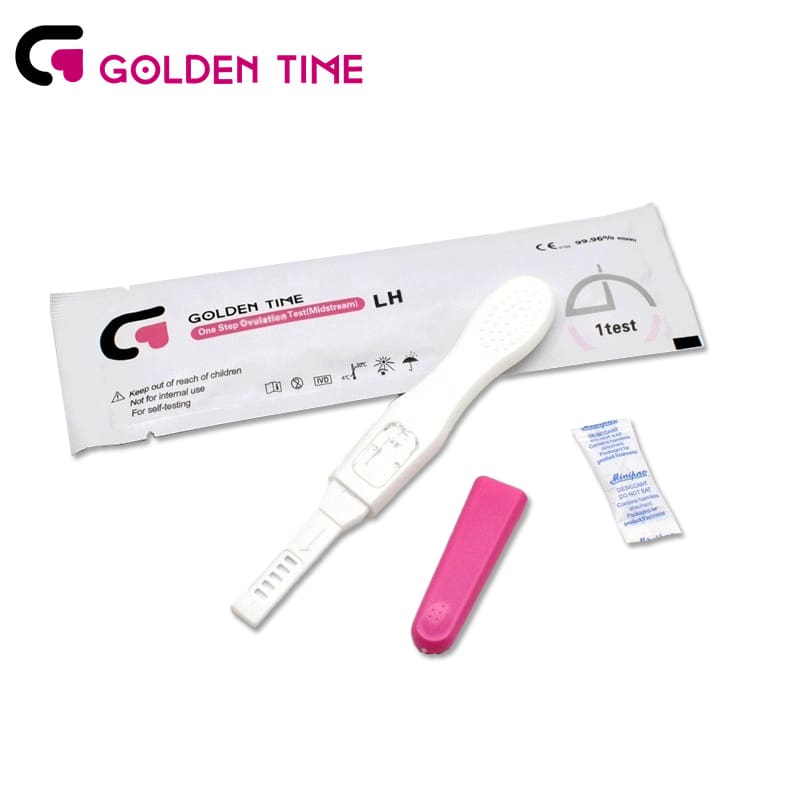8 月 . 16, 2024 09:07 Back to list
Suppliers Offering Malaria Card Test Solutions for Accurate Diagnosis and Fast Results
The Importance of Malaria Card Tests and Their Suppliers
Malaria remains one of the leading causes of morbidity and mortality in many parts of the world, particularly in sub-Saharan Africa. Early detection and treatment are crucial components in controlling the disease, which is why the role of malaria card test suppliers is essential. These suppliers provide rapid diagnostic tests (RDTs) that enable healthcare workers to quickly identify malaria infections in patients, facilitating timely treatment and reducing the risk of severe complications and death.
Understanding Malaria Card Tests
Malaria card tests are a type of RDT specifically designed to detect antigens produced by the malaria parasite in the blood of an infected individual. These tests provide results in as little as 15 to 20 minutes, making them invaluable in settings where laboratory facilities may be limited or where immediate diagnosis is crucial. Unlike traditional microscopy, which requires trained personnel and more complex equipment, malaria card tests are user-friendly and can be administered by community health workers, extending access to malaria diagnosis even in remote areas.
The tests are typically designed to identify the two most common malaria-causing parasites *Plasmodium falciparum* and *Plasmodium vivax*. Some advanced tests can differentiate between species and even detect different stages of the parasite's life cycle. This capability is vital for determining the appropriate treatment and for monitoring the efficacy of interventions.
The Role of Suppliers
The suppliers of malaria card tests play a critical role in the healthcare supply chain. They are responsible for the production and distribution of these tests, ensuring that they meet the necessary quality standards set by health authorities such as the World Health Organization (WHO). High-quality tests are essential for reliable diagnosis, and suppliers must undertake rigorous quality control measures throughout the production process.
malaria card test supplier

Additionally, suppliers must navigate logistical challenges to ensure that these tests are delivered to healthcare facilities, especially in remote or under-resourced areas. This often involves overcoming difficulties related to storage, transportation, and maintaining the cold chain for temperature-sensitive products.
Challenges in the Supply Chain
Despite the crucial role played by malaria card test suppliers, several challenges exist within the supply chain. Counterfeit and substandard tests can pose a significant risk not only to diagnosis but also to the wider public health response to malaria. It is essential for suppliers to work in close collaboration with national health ministries and international organizations to combat these issues and ensure that only validated tests reach the market.
Moreover, the demand for malaria testing can fluctuate due to various factors, including seasonal trends and changes in malaria transmission patterns. Suppliers must be agile in their operations, able to scale up or down based on the needs of healthcare providers.
The Future of Malaria Card Tests
The future of malaria card tests looks promising, especially with advancements in technology. Innovations such as tests that can detect multiple pathogens or those that can indicate resistance to certain treatments are on the horizon. Suppliers must stay ahead of these developments to remain competitive and meet the evolving needs of the healthcare sector.
In conclusion, malaria card test suppliers are a vital component in the fight against malaria. By providing rapid and reliable diagnostic tools, they enable health workers to act swiftly, ultimately saving lives and contributing to global efforts to eradicate malaria. Continued investment in quality production, distribution logistics, and innovation will be crucial to strengthen the impact of these suppliers in the global health landscape.
-
Early Pregnancy Test Kits Accurate & Fast Results Bulk Order Now
NewsMay.30,2025
-
Buy OPK Tests for Pregnancy Detection Bulk Supplier Discounts
NewsMay.30,2025
-
Buy OPK Tests for Pregnancy Detection Bulk Supplier Discounts
NewsMay.30,2025
-
Best At Home H Pylori Test Kits Accurate, Fast & FDA-Certified
NewsMay.29,2025
-
Accurate Syphilis Test Kits Trusted Suppliers & Manufacturers
NewsMay.29,2025
-
Wholesale Stool Occult Blood Test Kits Bulk Supplier Pricing
NewsMay.29,2025

